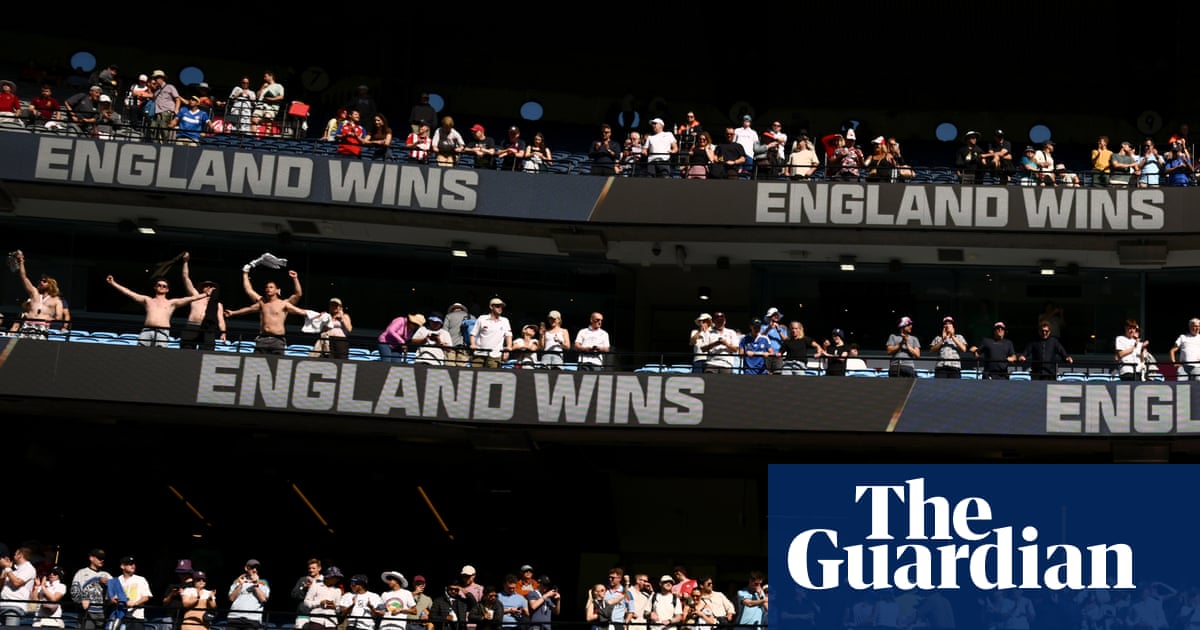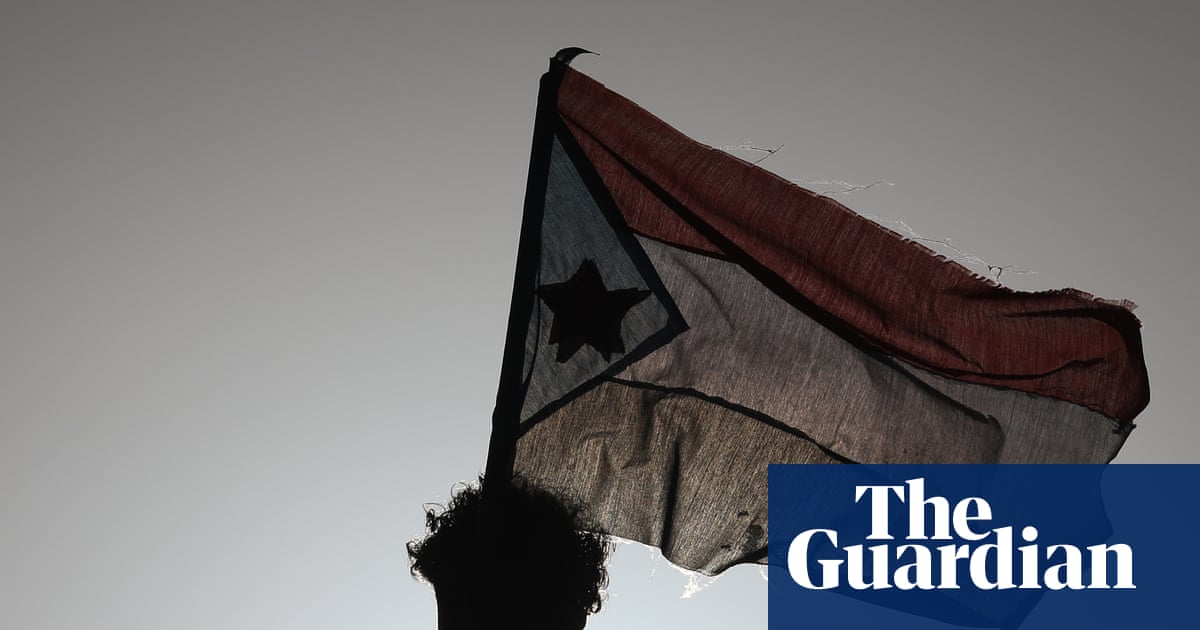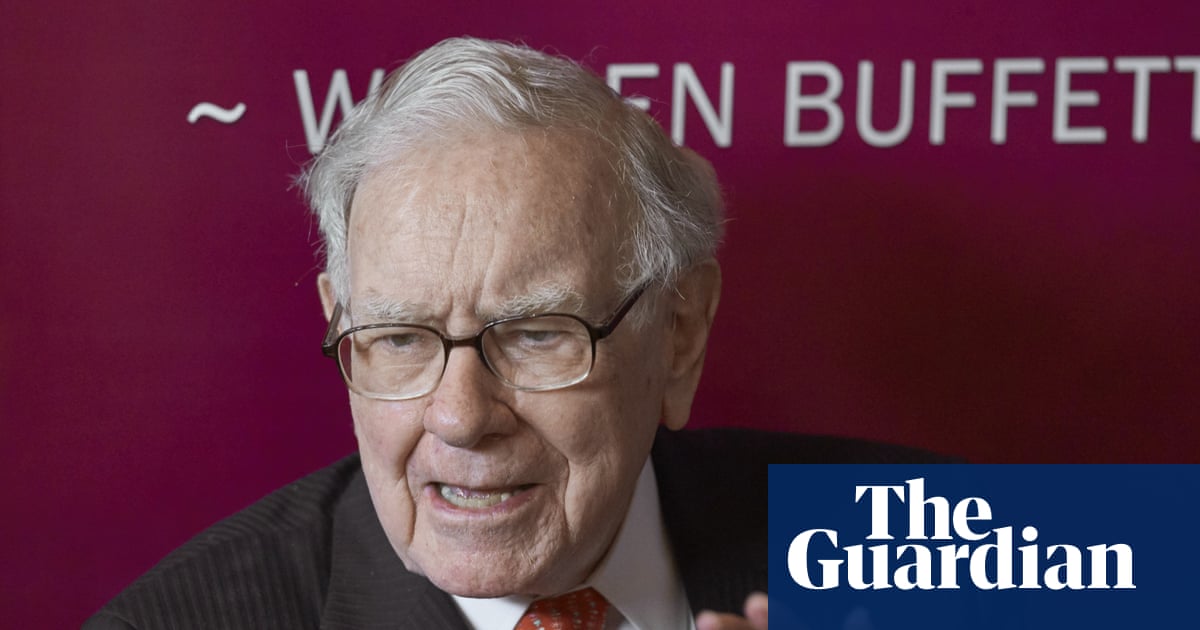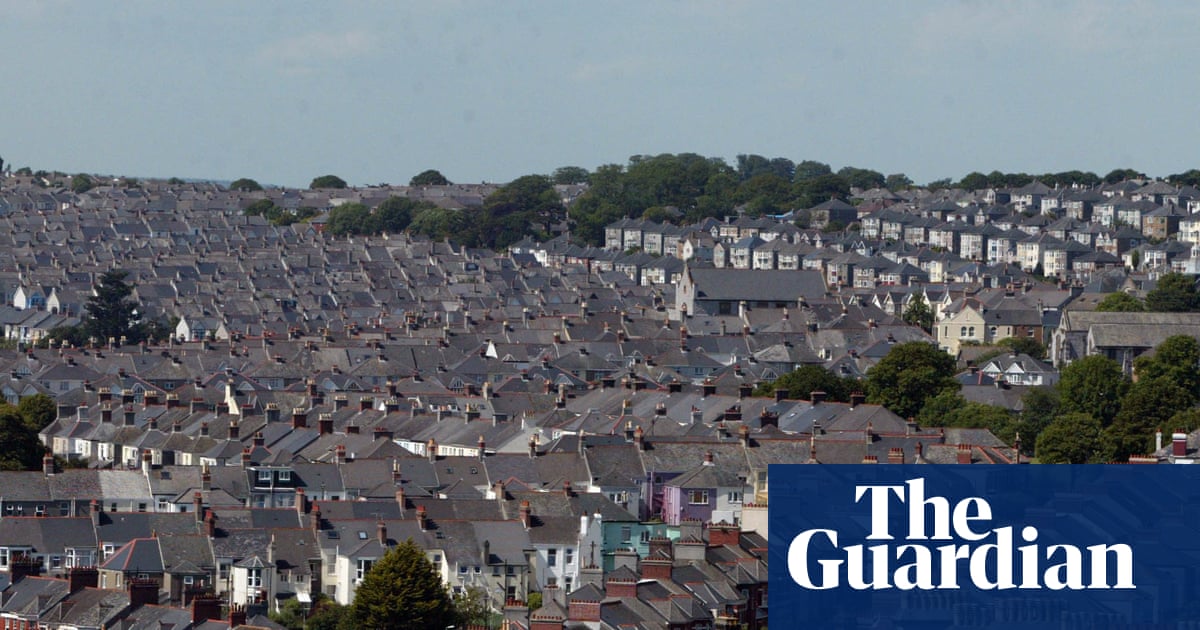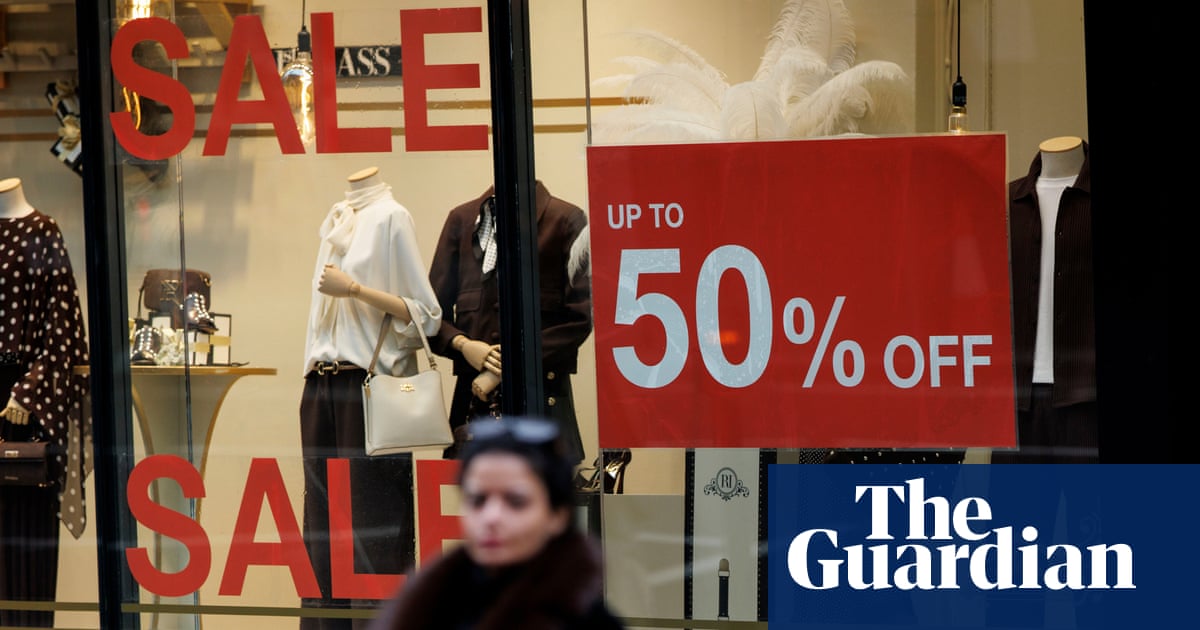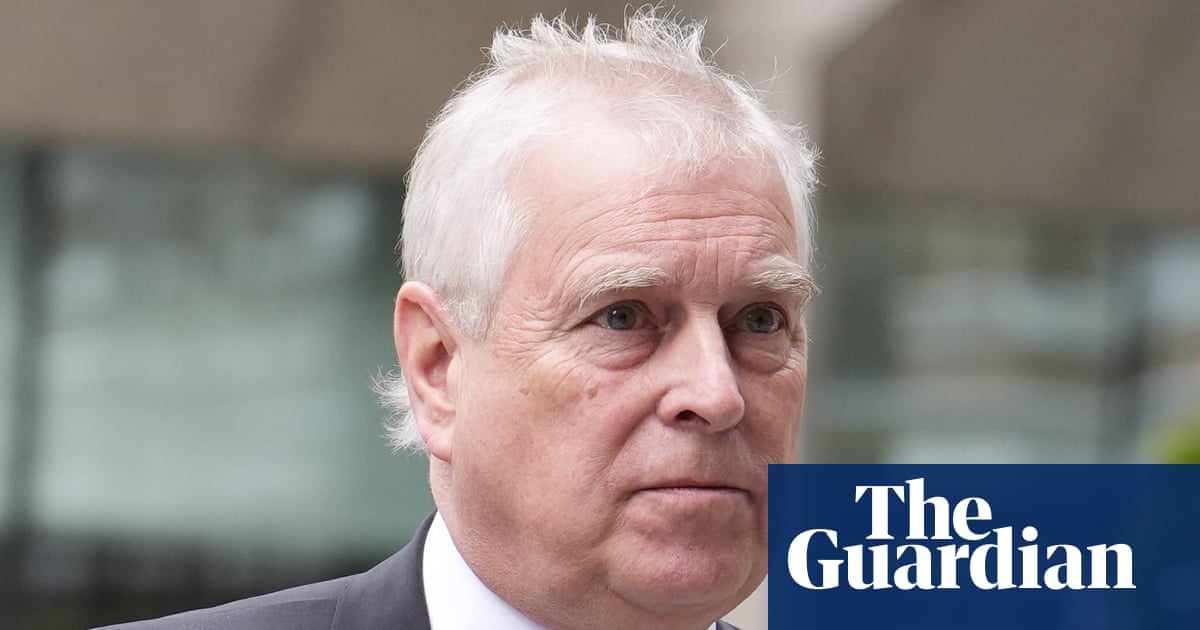After more than three years of the cost of living crisis, Rachel Reeves is well aware of the harm inflation is inflicting on UK households – and on Labour’s share of the vote.
While figures out last week suggested that the annual rate of price increases may now have peaked, the chancellor focused on its continuing human impact, saying: “For too long, our economy has felt stuck, with people feeling like they are putting in more and getting less out. That needs to change.”
She has promised a range of policies in next month’s budget to “bear down on” rising costs, which could go some way to counteracting negative headlines about an expected swathe of tax rises to close an anticipated £20bn-£30bn spending gap.
Reeves says the government must support the Bank of England in bringing down inflation and the speculation is that her target could be soaring “administered prices”, such as utility bills and transport fares, which the central bank cited in August as a crucial driver of consumer costs.
So what are the chancellor’s levers for mitigating a UK inflation rate that the International Monetary Fund has warned is on a path to be the highest in the G7 group of countries this year and next?
Cut VAT on energy
Millions of households are suffering a huge financial hangover from soaring energy prices following Russia’s 2022 invasion of Ukraine. Gas prices have fallen over the last 18 months, but remain two-thirds higher than they were before 2020.
Ministers are concerned that poor and middle income groups are heading into another hard winter made more difficult by hefty utility bill increases.
Higher water and council tax bills are already baked into the figures. Energy, on the other hand, could be reduced to save £83 a year on the average bill should Reeves reduce the 5% VAT charge on energy to zero. Energy secretary Ed Miliband has hinted that she will.
It is tempting because VAT is spelled out on utility bills and a cut would be immediately passed on, slicing about 0.2 percentage points from the consumer prices index (CPI), which in September stood at 3.8%.
Adrian Pabst, deputy director of the National Institute of Economic and Social Research, says: “This would especially help the 20% to 30% of low income households, who spend a disproportionate amount of their income on energy.”
Freeze fuel duty
Every year, the chancellor is asked by Treasury officials to link the duty on fuel to an inflation-based escalator, adding about £4.5bn to tax receipts.
The link was established by Gordon Brown to push up petrol and diesel prices and discourage short and inefficient journeys. Drivers were also supposed to realise that a more efficient car, or an electric one, would make sense in a world where fuel duty is ratcheted up each year.
However, the duty has been frozen in every successive budget since 2012 and this year looks like being the same.
Martin Beck, chief economist at the consultancy WPI Strategy, says oil, which is priced in dollars, is at a four-year low when translated into pounds, giving the chancellor the perfect opportunity to add a little to prices at the pumps without doing terrible harm to household incomes.
“But when the chancellor wants to signal her support for hard-pressed families, it would send the opposite message,” he said.
Pabst favours a freeze this year, adding that people in the suburbs and rural communities, where public transport is scant and cars a necessity, will be hit at a time when inflation remains high.
There is another way to look at the winners and losers, says the Social Market Foundation, an economic thinktank. It found that the combined impact of the fuel duty freeze and 5p duty cut in 2022 has cost the Treasury £100bn since 2011 and could knock £27bn off its coffers over five years.
It found that the bottom fifth of earners would receive just 10% of the savings from a freeze, compared with the top fifth, who would pocket 24%.
Limit train and bus fare increases
Train fares in England are expected to rise by 5.8% next year based on a calculation that adds one percentage point to the retail prices index (RPI) in July.
The government has yet to confirm whether the increase for 2026 will apply to regulated fares, which account for about half of rail journeys.
Paul Dales, chief UK economist at Capital Economics, said Reeves could restrict the rise and also freeze a bus fare cap that increased this year to £3 from £2.
The chancellor could also freeze or cut alcohol and tobacco duties, though a bus fare cap is likely to gain more public sympathy.
“Set against these moves is how they all give money away at a time when the chancellor is trying to make huge savings elsewhere,” Dales said.
Restrict public sector pay rises
Reeves wants to raise living standards by bringing down inflation, but that has proved difficult. In the last year, the consumer prices index (CPI) has more than doubled from 1.7% in September 2024 to 3.8% last month.
Pay growth has averaged 4.4% in the private sector in the year to August and 6% in the public sector.
Kallum Pickering, chief economist at the stockbroker Peel Hunt, says last year’s public sector pay settlements, which were well above inflation, had two side effects: they ate up the Treasury’s spare funds and the extra money in the economy pushed up prices.
There are pay disputes brewing across Whitehall, the health service and the rail industry that could wreck Reeves’s ability to fund tax cuts if they result in a second year of bumper awards.
“Reeves needs to avoid a repeat this year,” he says, pointing out that private sector wages growth is falling back rapidly.
“Financial markets are also looking for the chancellor to have another crack at welfare, though not cuts to payments, more a reduction of disincentives that discourage young people from getting into the workplace,” Pickering adds.
Change the big three taxes
Cuts to income tax, national insurance or VAT would be very expensive and force the chancellor to raise funds in less conventional and, most likely, problematic ways. Reductions would also feed through to the economy in extra spending, which would increase inflation.
However, any move to increase any of the main three taxes would come at a high political price – given the Labour manifesto pledge not to touch them, which the government has repeatedly said it will keep.
There are other downsides, too. For example, a 1p rise in VAT could raise about an extra £10bn by the end of the parliament, but in the short term would push up prices and increase inflation, which would undermine the chancellor’s mission to bring down prices growth.
Nevertheless, the Resolution Foundation has suggested the Treasury could afford a 2p cut from employee national insurance if it offset that by increasing income tax to generate about £6bn a year in extra receipts from richer households. This is being put forward as a fairer way to raise funds because workers only pay national insurance up to a ceiling, capping their liability, while income tax is paid by all income groups and pensioners.

 2 months ago
52
2 months ago
52




